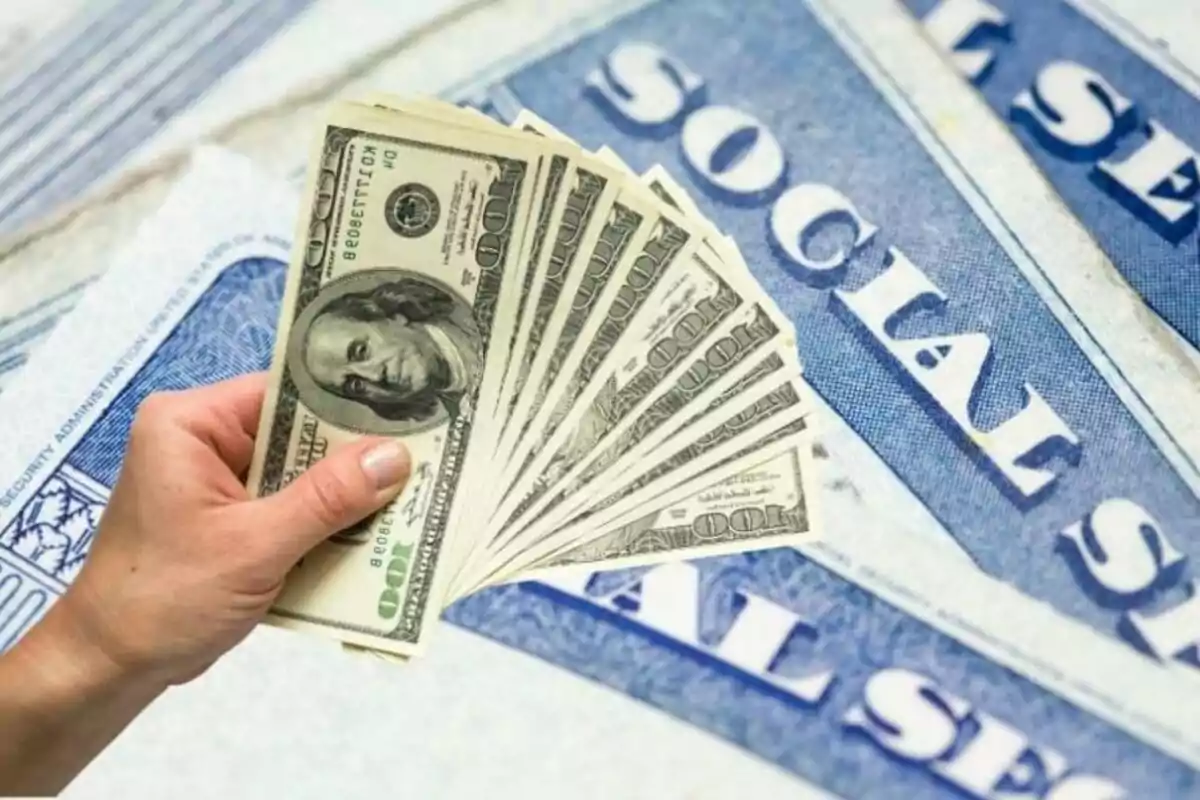Social Security is one of the pillars of the welfare system in the United States. Every month, millions of people receive financial support that helps them live with greater peace of mind.
Today, many retirees are receiving payments that exceed $2,000 per month. If you want to understand how this program works and what you should keep in mind, keep reading.
Who receives the payments and how are they scheduled?
The Social Security Administration (SSA) manages the benefits received by more than 70 million people in the country. Among them are retirees, people with disabilities, and survivors of deceased workers.

The payment day depends on the beneficiary's date of birth. SSA distributes checks on one of three Wednesdays each month for retirement, disability (SSDI), and survivor benefits. For example, on Wednesday, June 25, payments were sent to those whose birthdays fall between the 21st and 31st of the month.
Those who started collecting before May 1997 usually receive the payment on the third day of each month, regardless of their birthday.
Meanwhile, beneficiaries of Supplemental Security Income (SSI), a separate program for people with low incomes, usually receive their payments on the first day of the month. If someone receives both types of benefits, the SSI payment arrives first and the other a little later.
How much money do beneficiaries receive?
The average payment for retirees is about $2,000 per month, specifically $2,002.39 according to the latest official figures. Most retirees receive this amount, but some can collect up to $5,108 if they contributed more years and money.
Workers with disabilities receive an average monthly payment of $1,581.97. Meanwhile, those who receive survivor benefits get around $1,566.66 per month. The average SSI payment is lower, about $718.30 per month, aimed at people with limited income and special needs.

The importance of these payments for millions of people
These benefits are vital for those who receive them. For retirees, they represent a stable source of income after leaving work. For people with disabilities or survivors, the payments help cover basic expenses such as housing, food, and medical care.
Without this financial support, many families would face serious difficulties. The timeliness of the payments is also essential so that beneficiaries can plan their monthly budget without surprises.
A special detail about June payments
This month of June had a particularity in the calendar. Normally, SSI payments are delivered on the first day of each month. But since June 1 fell on a Sunday, SSA moved the payment up to Friday, May 30, the closest business day.
This change was temporary and doesn't affect future payments, but remember that the dates may vary due to the calendar or holidays.

